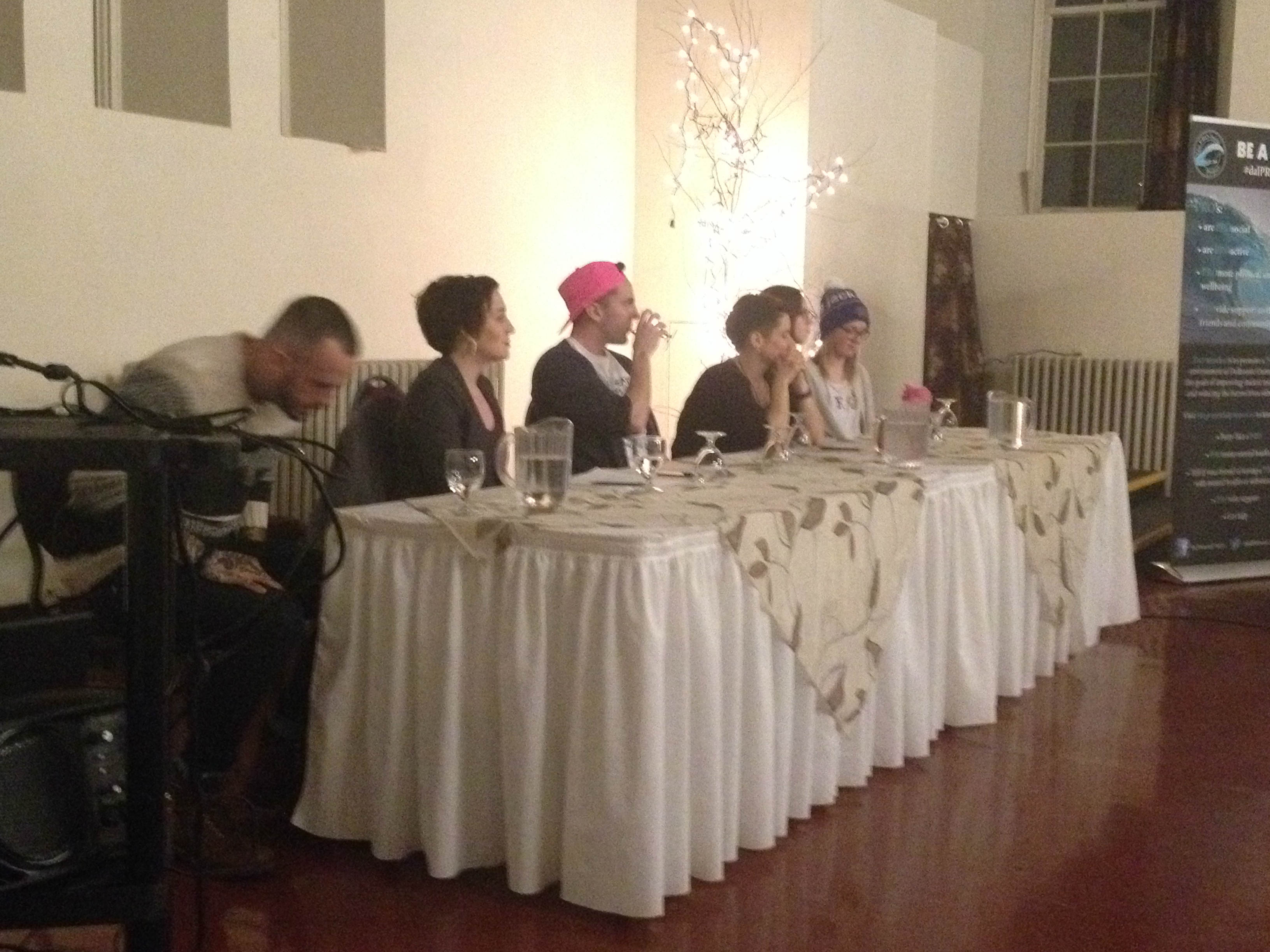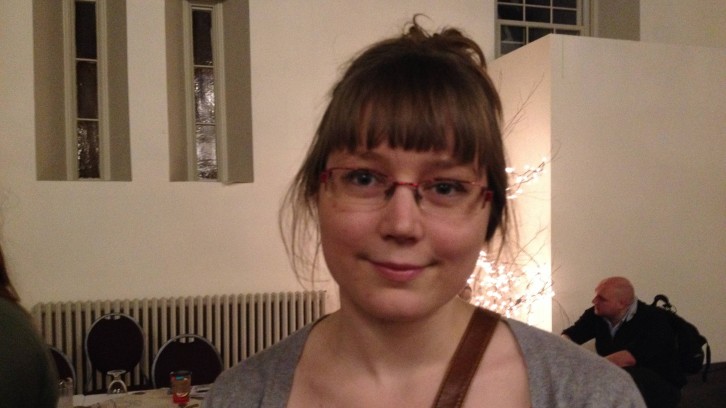Mental Health
Mental health awareness requires open dialogue: panel
Dalhousie students and others describe their mental health experiences

caption

caption
Panellists at the Mental Health and Identity talk at Dalhousie.Trevor Shannon sees himself as a good person who made some bad choices.
He says his recovery from substance abuse began when he acknowledged his mental health issues. He has been sober for nearly two years. Related stories
Accommodation for mental health: a work in progress
“I think there is no shame in identifying yourself as someone who has these problems,” he told an audience at Dalhousie University Wednesday night.
Shannon and five other panellists, three of whom were also students at Dalhousie, spoke about their mental health experiences at an event hosted by PROsocial Project, a group of Dalhousie students that promote discussion and acceptance of mental health on campus. The event was targeted toward students who study at Dalhousie.
Two out of every five students at Dalhousie do not know how to access mental health services on their campus, according to the group.
Group member Craig Moore said surveys conducted by its umbrella organization, Caring Campus, show mental health is a big issue for universities.
For Moore, the biggest misconception around the issue is that it’s something people should keep to themselves.
“Just getting the message out there that it’s OK to talk about these things is very important,” he said. “I know that would’ve helped me when I was starting university.”
Creating positive dialogue
Shannon acknowledged that steps have been made regarding mental health.
“When I started at Dal in 2006, Mental Health week didn’t even exist. That progress is really the byproduct of people starting to talk about it,” he said.
There is more to be done, the speakers said, such as eliminating the stigma attached to mental health issues.
Maddy Mayne, who has struggled with eating disorders and anxiety, said she had one troubling encounter with a health professional.
“The message was often ‘come back when it gets worse’,” she said. “That’s obviously problematic.”

caption
Agawa Robinson says universities need to increase funding for mental health services.Agawa Robinson, who attended the event, said she sees universities trying to address the issue, but thinks it could be a bigger priority. While services are available at Dalhousie and other Halifax universities, she said they are not helping enough people.
“Universities need to be putting their money where their mouths are to really fix this situation,” she said.
Lyndsay Anderson, a panellist who works within student services at Dalhousie, agreed. She said creating more services cannot happen until the university provides more funding for it.
PROsocial’s next event will be a speakeasy on March 24, discussing how artists use art to help with their own mental illness.

